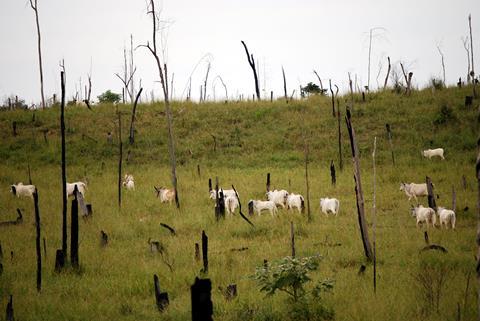
Global environmental standards body the Science Based Targets Initiative has launched what it is describing as the world’s first guidance to allow companies to accurately measure agriculture and land-based emissions.
The SBTi – which counts the UN and WWF among its founders – said its Forest, Land and Agriculture (FLAG) science based target-setting guidance, launched today, would fill a 22% gap in global emissions that had “not been addressed before”. This was the sector that was “the largest emitter after energy”, it added.
The new framework covers everything from deforestation to diet shift and offers 11 mitigation pathways for major commodities with high carbon footprints, including beef, palm oil, dairy, poultry, timber and wood fibre.
The body said 80% of the mitigation potential from the new guidance came via stopping deforestation – with companies setting FLAG targets required to publicly commit to zero deforestation not later than 2025.
More than 360 companies with land-intensive operations had already committed to or set targets through the SBTi and almost half were now publicly reporting greenhouse gas emissions, with 38% committed to setting net-zero targets, the body said.
However, “few account for land-based emissions (such as those from forestry and agricultural production, land use change and land management, including on-farm vehicle and fertiliser production) in their targets or disclosures, it added, “due to the lack of available guidance and methods – until now”.
The SBTi said the new FLAG guidance would give businesses “understanding on how to accelerate decarbonisation of land emissions to limit global warming to 1.5°C”. Emissions from the FLAG sector need to be cut by 72% by 2025 to meet that target.
“The food we eat, the clothes we wear, the wood used in the houses where we live and the medicines that heal us are available thanks to the forests, lands and agriculture that sustain us,” said WWF senior director and senior advisor for the SBTi Martha Stevenson.
“However, the commercialisation of our natural environment is a significant source of emissions and is also the sector most vulnerable to the effects of global warming.”
To avoid “the devastating impacts of the climate crisis and to build resilience in the most vulnerable communities, cutting land-related emissions must be a priority”, she added.
“Companies should incorporate this guidance into their planning and take action now – [to] stop deforestation and improve land management practices — if we are to have a sustainable future tomorrow,” said WWF director and FLAG project co-lead Christa Anderson.







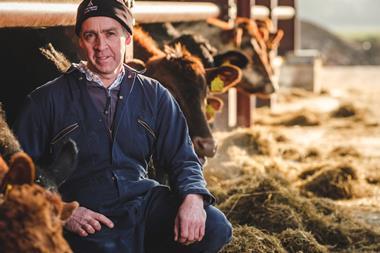
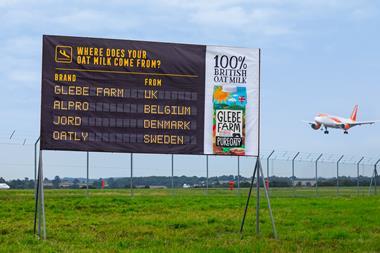
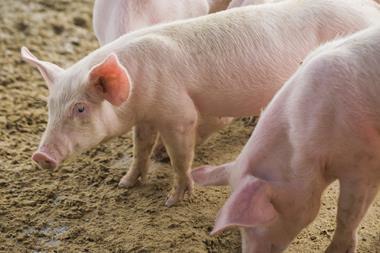
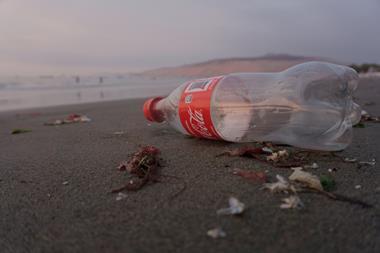
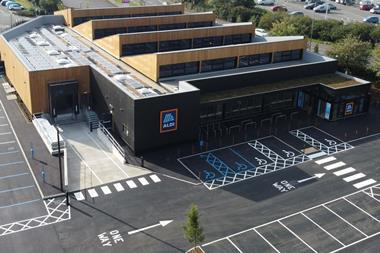
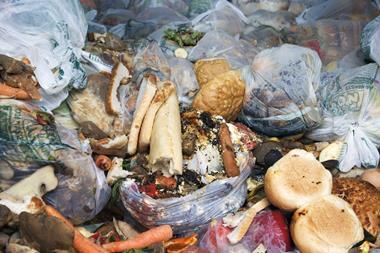
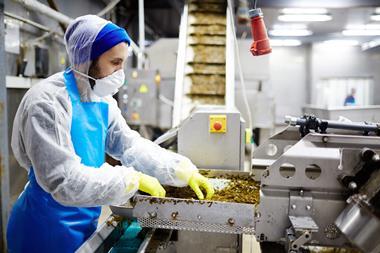


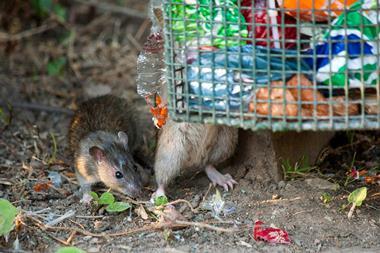

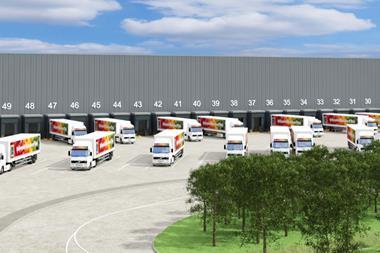
No comments yet